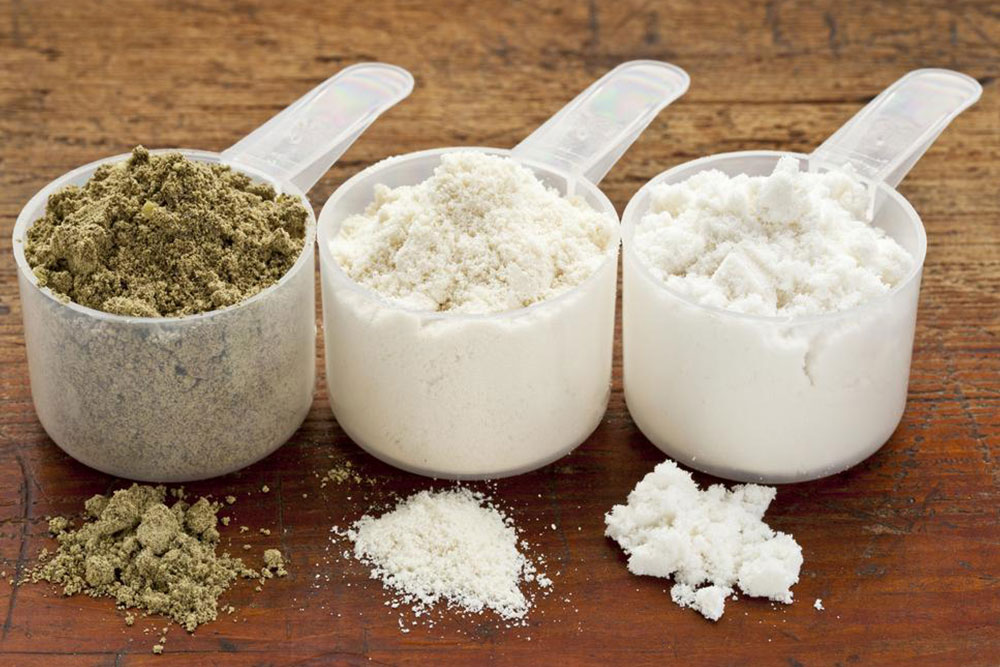Probiotics: Benefits, Risks, and Side Effects You Should Know
Learn about probiotics, their health benefits, possible side effects, and precautions. Discover how to safely incorporate these beneficial bacteria into your routine for optimal gut health without risking adverse reactions. Always consult a healthcare provider for personalized advice.

Probiotics: Benefits, Risks, and Side Effects You Should Know
Probiotics are beneficial bacteria that naturally inhabit our digestive system. Each person has a unique microbial community influencing overall health. These microorganisms assist in digestion and nutrient absorption, playing a vital role in maintaining gut health. An imbalance in gut bacteria, or dysbiosis, can lead to issues like irritable bowel syndrome, celiac disease, or obesity. Consuming probiotics through foods such as yogurt, sauerkraut, kimchi, and drinks like kombucha can support a healthy microbiome. However, it's important to understand potential side effects and risks associated with probiotic use.
Minor digestive discomfort such as bloating and gas
Skin rashes or allergic reactions
Changes in bowel habits like diarrhea
Cramping or skin breakouts
Most probiotic side effects are temporary and mild, indicating that they are working effectively. If symptoms persist beyond two weeks, seek medical advice. People with underlying health conditions should exercise caution, as probiotics may sometimes exacerbate existing illnesses or interfere with medications like antibiotics or steroids. In rare cases, probiotics can cause complications, especially among critically ill or immunocompromised individuals. Always consult a healthcare provider before adding probiotics to your routine to ensure safety and efficacy.
Overall, probiotics support gut health and may reduce gastrointestinal issues, but they are not a cure-all. Proper use and medical guidance are essential. If adverse effects occur, prompt consultation with a healthcare professional is recommended.










